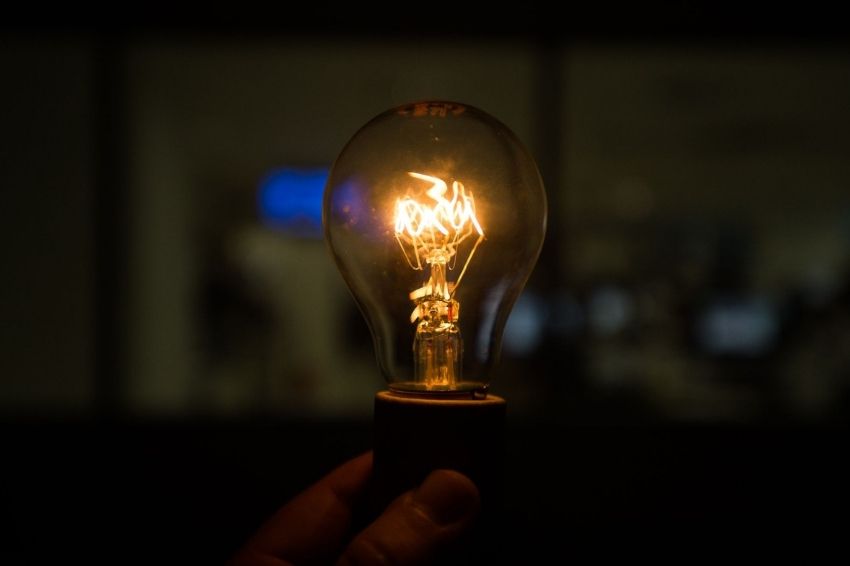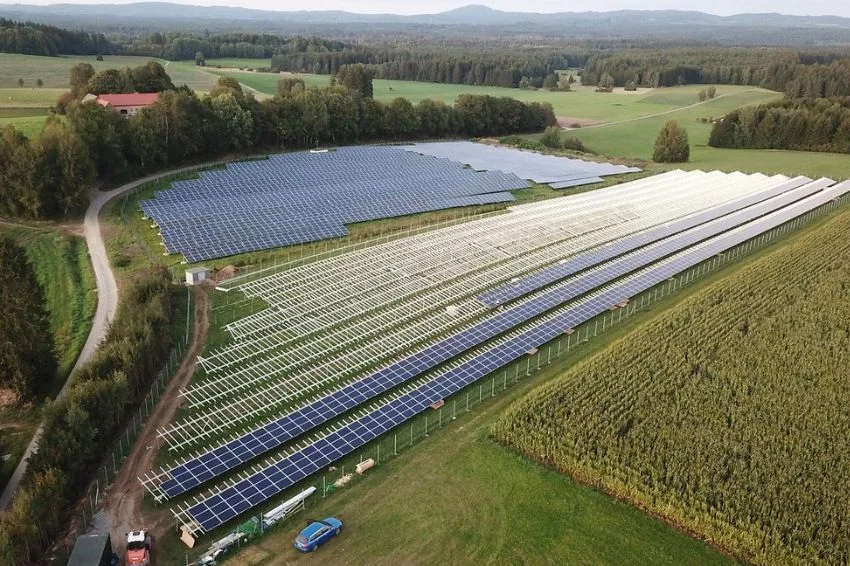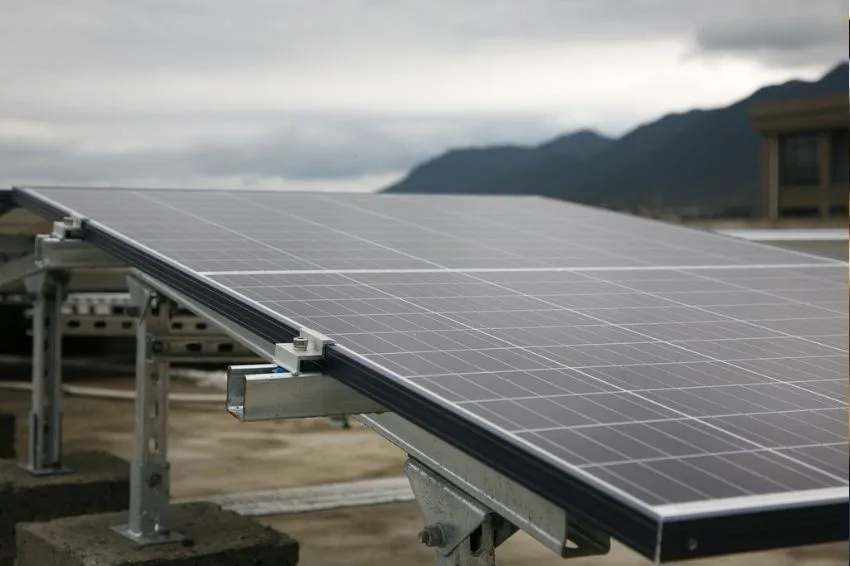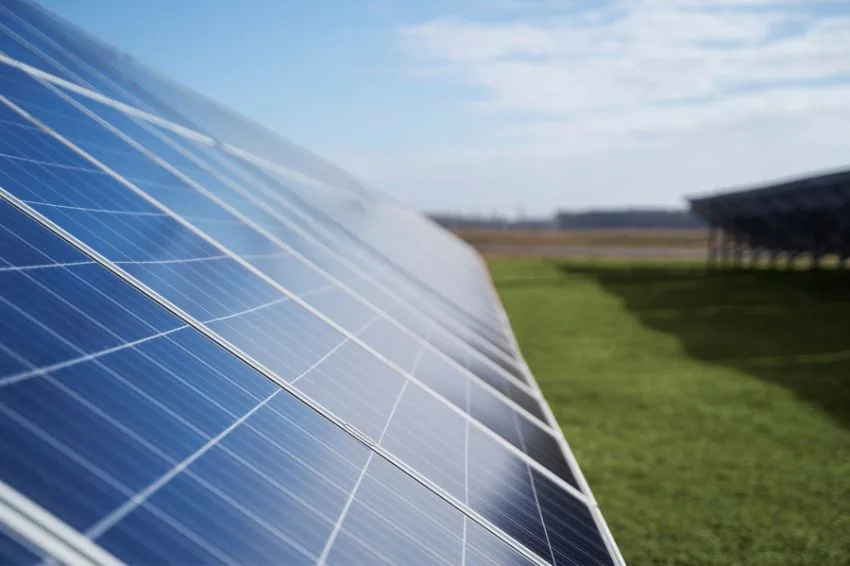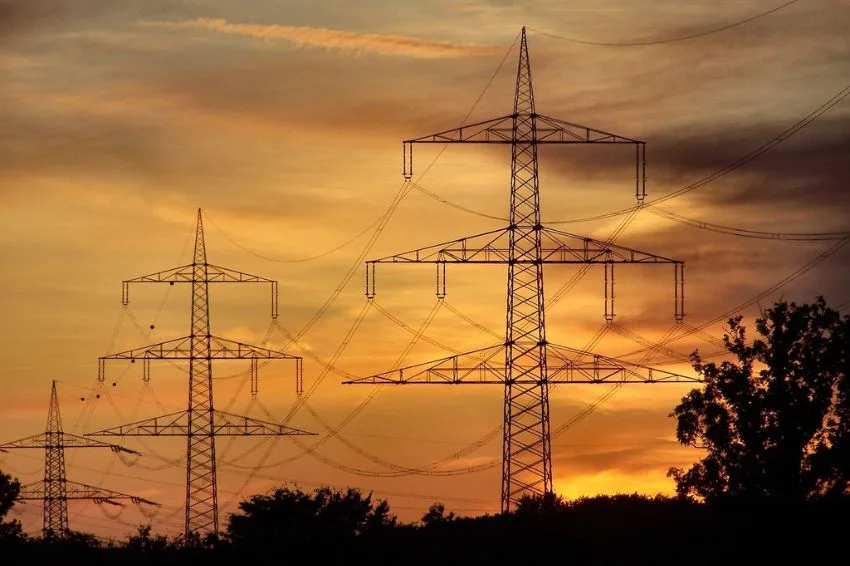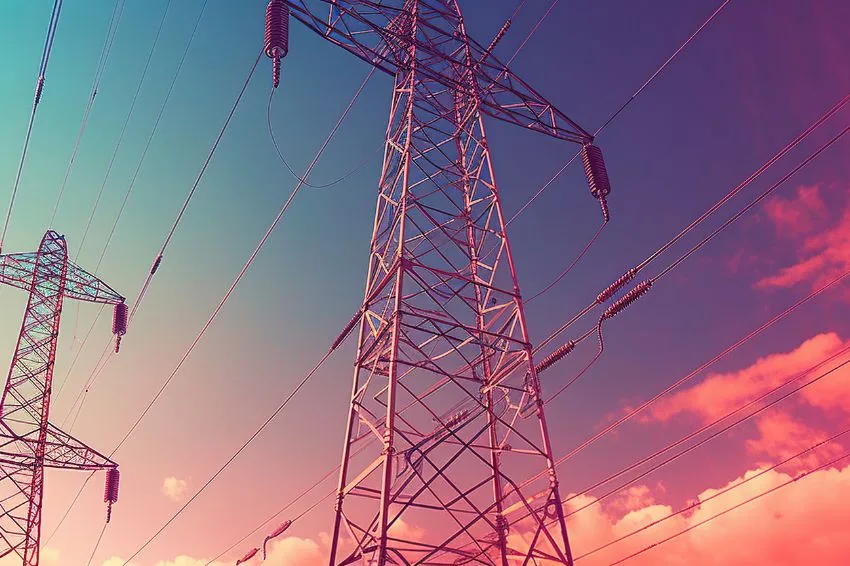According to research carried out by Greener, a consultancy and research company, Brazil has high rates of interruption in electricity supply when compared to other countries.
Data from ANEEL (National Electric Energy Agency) show that the national territory spends an average of 14 hours without electricity per year, without taking into account interruptions of less than 3 minutes or voltage fluctuations, sufficient to interrupt production processes.
“It’s interesting to compare this to other countries. For example, in Germany consumers experience interruptions of just 13 minutes. In Italy, it is around 25 minutes, and even in China, the value is below the Brazilian average of 14 hours”, said Markus Vlasits, director of NewCharge Projects and one of the study's authors.
For the expert, Brazil has a quality of energy supply that leaves a lot to be desired. “The national average is 14 hours. If we break it down by state, we will find lower averages, like in the Southeast. But we will see states, mainly in the Central-West, Northeast and North, where these values reach up to 70 hours without electricity per year, as is the case with Ceron (Rondônia Power Plants), which leads the ranking”.
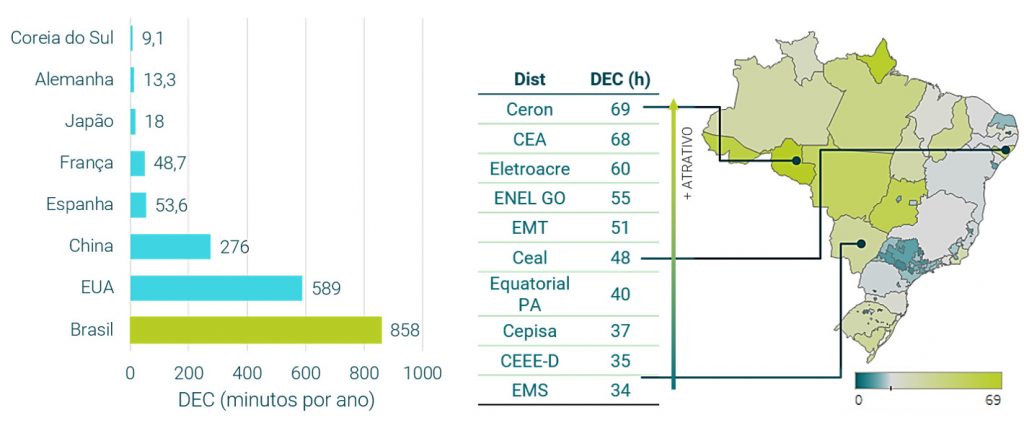
Solution
To resolve such adversities, storage systems can be a viable alternative. This is what Greener claims.
This is because, in addition to lowering the energy bill during peak hours, they take on the function of a UPS (uninterruptible power supply) or a type of emergency energy source, reducing or even eliminating these types of problems, ensuring greater energy security and quality for users.
“This obviously opens up very interesting business opportunities, because decentralized storage systems installed at points of consumption can fill this gap, serve as an energy backup and strengthen the electrical grid”, highlighted Vlasits.
“There is a very significant need in Brazil to improve the stability of the electrical grid and the quality of service. It would be a task for the energy concessionaires, considering that it may not happen as quickly as we would like”, he concluded.


